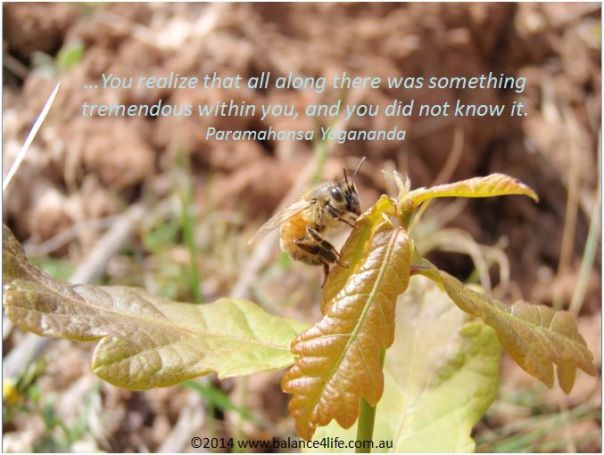In these challenging times I have been able to work with several groups (online) and deliver workshops that explained the stress response. Participants received tips and strategies for managing stress.
After delivering these Stress Management presentations some participants have asked for copies of the slides. I have a conundrum…..to share or not to share – that is the question. There are polarizing views about slide sharing. One is if you have put up a presentation, then they are in the public domain and should be freely shared. At the other end of the spectrum the viewpoint is that the slides are secondary to the actual presentation.
After a recent presentation some participants shared slides, regardless of permission, that they saved by taking screen shots. With this in mind, I am going to share some of the graphics here, taken from a variety of presentations alongside some of the commentary I used.
 The stress response is elicited when we realize that we can’t control events. When this happens, we can often start to feel anxious.
The stress response is elicited when we realize that we can’t control events. When this happens, we can often start to feel anxious.
In turn this can lead to a cascade of other emotions or behaviours.
Clearly we need to have the appropriate tools and strategies to manage this response. Subconsciously our nervous system is on high alert as we look out for the risks in our environment.
Currently, many people are experiencing fear regarding either their or a loved one’s health with the end result of the flight/fight or freeze stress response.
One of the first things I suggest is to develop a regular deep breathing session which helps to dampen down the effects of the stress response. Wearing a mask can anchor your emotion to your subconscious mind. Therefore it is important to spend a few moments in deep breathing after removing your mask, so that you minimize your stress response.
 The next step is to acknowledge the problem and then to view it from a new perspective.
The next step is to acknowledge the problem and then to view it from a new perspective.
By understanding the phases that we go through during times of change, we can come to a degree of acceptance.
This is similar to the five stages of grief that Elizabeth Kubler Ross wrote about in her groundbreaking work in 1969. Another helpful strategy is to use a Gratitude Journal.
The stress response causes various hormones to be released in our bodies. The most well known are adrenaline and cortisol. These are released in response to a fearful or dangerous situation. Long term stress can impact upon your health. Stress lowers your immunity, increasing blood pressure and has an impact on your digestive system.
This is why it is so important to have strategies that you can use automatically when faced with a stressful situation. However, not all stress is bad. There is a flip side. Eustress – when this is experienced, you get a flood of what I like to call “ happy hormones”.
happy hormones”.
By making sure you take time to look after yourself – remember when we could fly and the pre-talk was about using the oxygen mask for yourself first?
Meditation, being out in nature, exercise, eating healthy foods and love and laughter are all key elements how you can get these “happy hormones” and manage your stress response.
[Contact_Form_Builder id=”8″]
 How do you define quality time? I would define it as time where your focus is on that special person. It’s about being present, in the moment and holding space for both you and the person you are spending time with. Quality time can be a planned event or happen spontaneously.
How do you define quality time? I would define it as time where your focus is on that special person. It’s about being present, in the moment and holding space for both you and the person you are spending time with. Quality time can be a planned event or happen spontaneously. If you are an introvert, you need to spend time alone. It makes no difference if you are partnered or not, this time allows you to recharge and reflect on what is important for you. Even if you are an extrovert, time spent alone can be productive. How you spend this time alone is crucial. If you are spending the time perusing social media, this is not the most productive way to spend time alone. Frittering this time away on tasks that could be done later means you are depriving yourself of quality time.
If you are an introvert, you need to spend time alone. It makes no difference if you are partnered or not, this time allows you to recharge and reflect on what is important for you. Even if you are an extrovert, time spent alone can be productive. How you spend this time alone is crucial. If you are spending the time perusing social media, this is not the most productive way to spend time alone. Frittering this time away on tasks that could be done later means you are depriving yourself of quality time. Empathy is one of 26 key competencies in the
Empathy is one of 26 key competencies in the  Needless to say, if you feel that you need to develop this particular intelligence or any of the other 26 competencies for Emotional Intelligence, then schedule a Discovery Session or some
Needless to say, if you feel that you need to develop this particular intelligence or any of the other 26 competencies for Emotional Intelligence, then schedule a Discovery Session or some 




